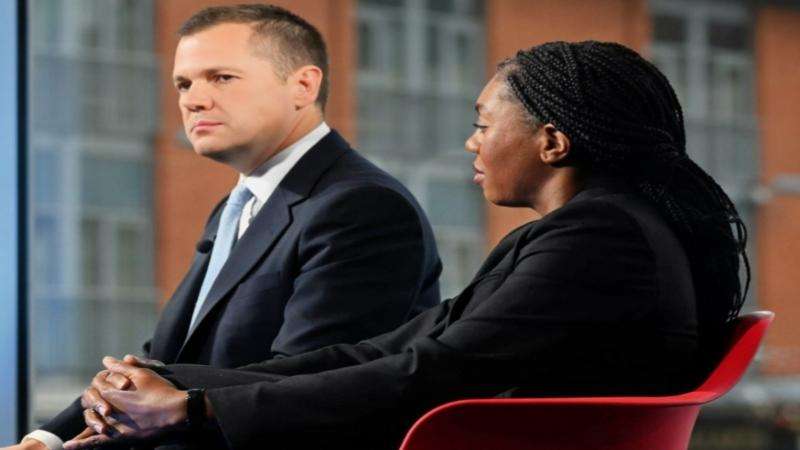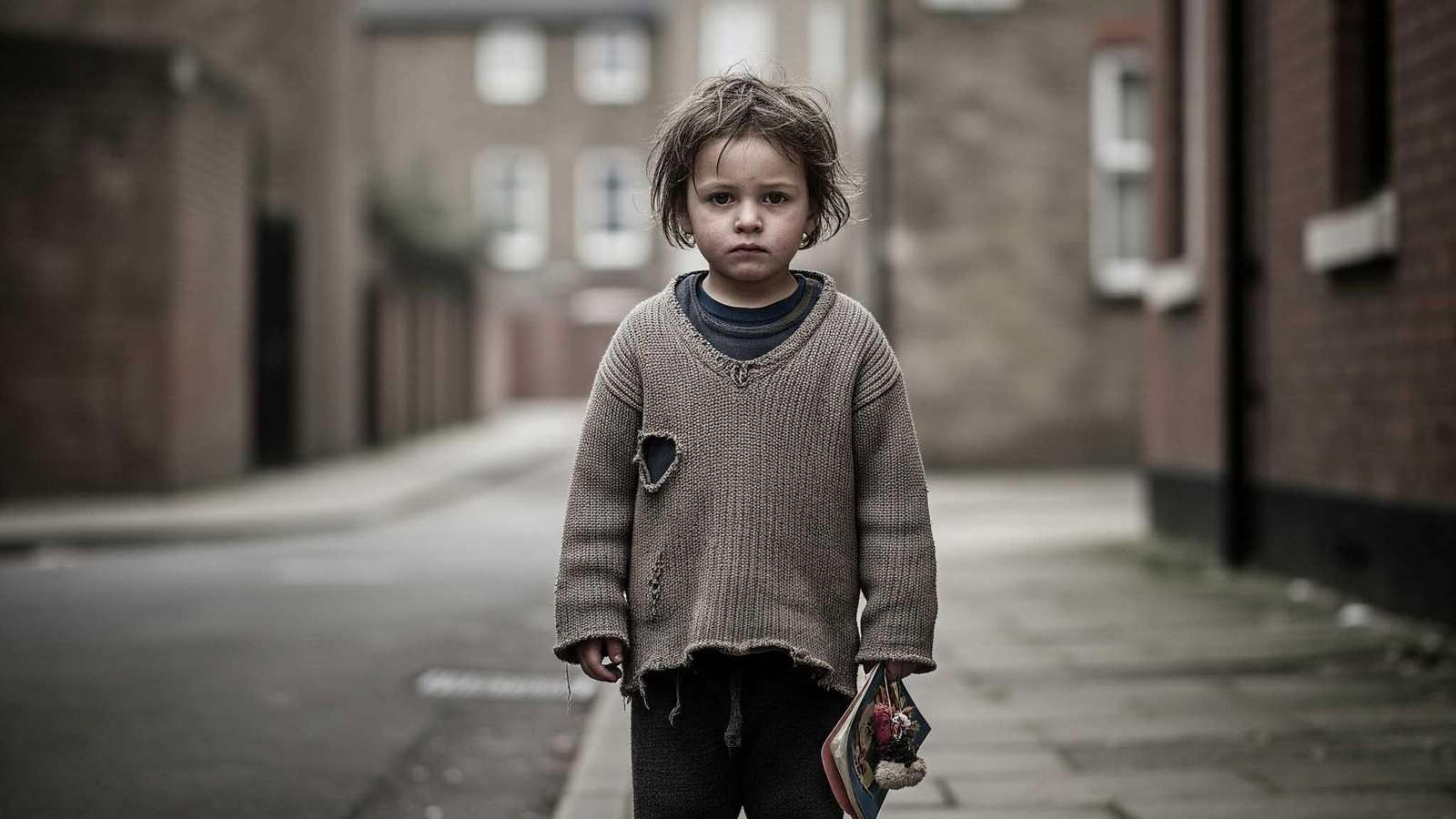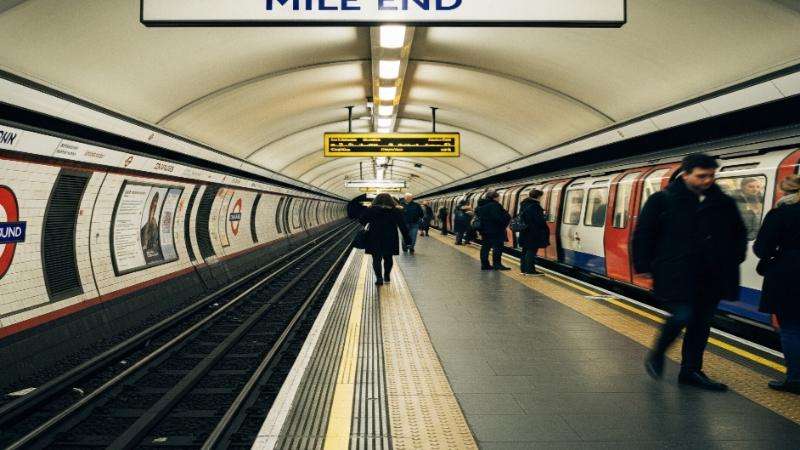Children across England are enduring poverty so severe it echoes the hardships of Dickensian Britain, the children’s commissioner has warned, urging the government to abolish the two‑child limit on benefits.
In a new report on the “crisis of hardship,” young people described going without enough water to shower, sharing bedrooms riddled with mould, and hearing rats chew through walls. Since taking office four years ago, Dame Rachel de Souza says she has noticed a stark change in how children discuss their daily lives: concerns once considered “adult” are now their own.
“These children don’t speak of poverty in the abstract,” she said. “They talk about lacking the basics most of us take for granted – a safe, dry home, a bed big enough to lie straight, ‘treat’ foods like bacon, somewhere quiet to study, heating, privacy in the bathroom, the chance to invite friends over, or a school journey that doesn’t take hours.” Many have begun to accept such deprivation as normal, the report found.
In one of the world’s wealthiest nations, De Souza added, leaders “should be ashamed” that children’s futures are dictated by family income. Official figures show a record 4.5 million UK children living in poverty in the year to April 2024.
Labour’s promised child‑poverty strategy—increasingly under pressure to scrap the two‑child rule—has been postponed until at least the autumn. Education Secretary Bridget Phillipson admitted on Sunday that recent welfare U‑turns would make funding any change harder.
Introduced in 2017, the two‑child cap restricts child tax credit and universal credit to a family’s first two children. The Child Poverty Action Group calculates the policy pushes 109 children into poverty every day. The Institute for Fiscal Studies estimates removing the cap would cost around £3.4 billion a year but lift half a million children out of relative poverty.
While acknowledging there is “no quick fix,” De Souza insisted any serious anti‑poverty plan must start by repealing the two‑child limit. Based on interviews with 128 children aged six to 18 between January and March, her report also highlights inadequate access to healthy food and overcrowded, unsafe housing.
She recommends a “triple lock” to ensure child‑related benefits keep pace with rising prices, strict enforcement of the six‑week legal limit for families in temporary B&B accommodation, and free bus travel for every school‑age child in England.
Paul Whiteman, general secretary of the school leaders’ union NAHT, said staff are increasingly running food banks and warm hubs and even offering laundry facilities—but these stopgaps cannot solve child poverty. He backed the commissioner’s call for coordinated government action and automatic enrolment for free school meals.
The Department for Work and Pensions has been asked to respond to the findings.
Source: Guardian
_8.jpg)
_5.jpg)
_8.jpg)





.svg)

.jpg)
